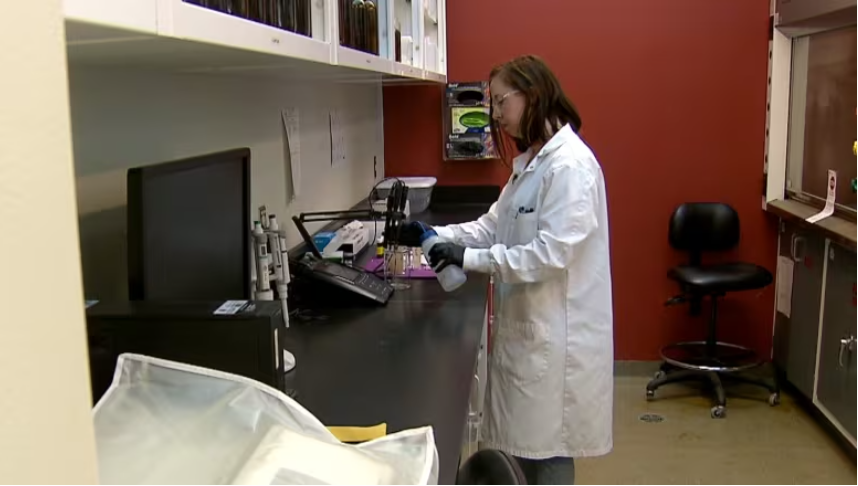A Calgary research facility that developed the most comprehensive wastewater monitoring program in the country during the COVID-19 pandemic is setting its sights on another burgeoning public health issue: illicit drug use. Advancing Canada Water Assets (ACWA), a joint initiative between the City of Calgary and the University of Calgary, is applying the same techniques it used to monitor COVID-19 case numbers to track illicit drugs in the province's wastewater.
Ohio Train Derailment, Toxic Chemical Spill Renews Fears Over Canada-U.S. Rail Safety
At last report, the Ohio Emergency Management Agency had declared that successful containment of the spilled chemicals meant no further derailment-related die-offs were expected, and that “live fish were returning to Leslie Run,” the nearest small waterway. But local residents remain concerned about the health of waterways. Many worry that toxins may have settled into sediments, posing a persistent danger to benthic organisms (plants and animals at the bottom of the waterway). Those toxins are ready to be released at the slightest disturbance—as simple as a dog chasing a stick, or a wading child.



